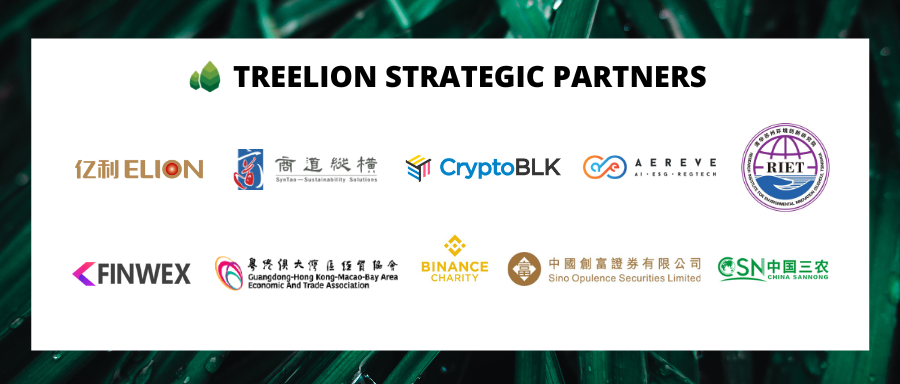
In the face of a series of global problems such as resource shortage, environmental degradation, and global warming, the concept of low-carbon green development is booming around the world, and the pursuit of sustainable development has become the consensus of mankind. At present, be it local enterprises or foreign-invested enterprises (FIEs), environmental contribution has gradually become the resolution for corporate to take social responsibility. General Secretary Xi Jinping also emphasized in the report to the 20th National Congress of the Communist Party of China, that it is necessary to fully and faithfully apply the new development philosophy on all fronts, adhere to the direction of socialist market economic reform and high-level opening up, and accelerate the construction of a new development pattern that promotes the domestic economic cycle as the main body while having the dual cycles of domestic and international economies promote each other.

During the Fifth China International Import Expo on November 7, the “2022 FIEs ESG and “Dual Carbon” Strategic Development Research Report” was officially released at the FIE Integrating Dual Cycle Summit Forum. The report showed that in the context of China’s efforts to promote the optimization and upgrading of industrial structure and the green transformation of enterprises, FIEs have gradually become an important starting point for China to achieve the “dual carbon” goal since more and more are gradually integrating ESG into aspects of their company production, operation and management. At the policy level, the report suggested that the framework and system for corporate ESG information disclosure should be strengthened, an ESG evaluation index system with Chinese characteristics should be established, a collaborative operation mechanism for the ESG ecosystem of FIEs should be established, the implementation of ESG practice of FIEs should be promoted step-by-step in a focused manner, and comprehensively improve the systematic understanding of ESG by market players.
However, for FIEs in China, the development of ESG at this stage still presents both opportunities and challenges. The report pointed out that the concept of ESG has gradually become a global consensus, domestic policies support the development of ESG, ESG is becoming a new rule in the capital market, and the relative vacancy of the domestic ESG market is a major opportunity for FIEs. Yet, domestic ESG development obstacles need to be resolved. The main challenges facing FIEs include the interpretation of ESG concepts, the adaptability of constructing an ESG ecosystem, the balance between short-term investment and long-term development, and external interference in the process of practising ESG.
The report included suggestions for continuously improving the establishment of the institutional system and consolidating the institutional foundation for ESG development of FIEs. The suggestions include:
- establish a sound standard framework system for enterprise ESG information disclosure;
- build an ESG evaluation index system with Chinese characteristics;
- strengthen the institution construction, and establish a collaborative operation mechanism for the ESG ecosystem of FIEs;
- promote the implementation of ESG practices in FIEs step-by-step in a focused manner; and
- comprehensively improve the systematic awareness of market entities on ESG.

Green and low-carbon development is not just a fleeting drift, it seems to be the trend of the times. Improving ESG performance and helping to achieve the “dual carbon” goals has changed from opt-in for corporate social responsibility to compulsory for sustainable operations and steady development. As an important participant and practitioner of ESG, FIEs will help to better implement the new development concept, help realize the “dual carbon” goal through various channels, and promote sustainable economic and social development.



